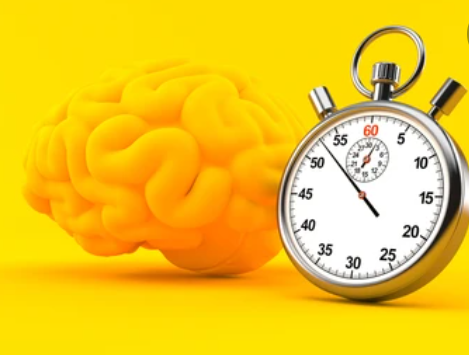Do you believe you are “not a quick learner?” Did that
perhaps come from an overworked teacher at school? What if you are a good
learner, and even more, what if there were proven techniques you could apply to
improve how well you learn?
Being able to learn quickly has become an absolute essential
of survival in the workplace. We constantly need to learn new systems, new
techniques, or even new ways of doing our jobs as the culture and leadership
changes.

Luckily, there are proven ways to speed up your learning, so
you can achieve more in less time.
1. Keep a beginner’s mind
Even if you have been studying this field or skill for
years, try to approach your next learning like a beginner. When you see
yourself as an expert, you tend to be blind to unusual happenings, you assume
things are a certain way. Beginners are more open to alternative ways of
thinking and ask more questions.
2. Use a digital brain
A whole range of apps exist on your phone – use them. Not to
procrastinate or distract yourself, but to help you remember things. A digital
brain is like a second brain you can use to capture, organise, retrieve, and
archive information, ideas and thoughts. If you use an online calendar, or
master password app, you are tapping into your digital brain, but there is so
much more you can do. You can use apps to remember to do lists, facts,
formulae, links to read later, and you can even record someone delivering a
presentation or speech (with permission of course). Try an app such as Evernote,
Bear or OneNote.
3. Spaced Repetition
You know how your high school teacher told you to revise
regularly and often for exams? They were right. The best way to remember
information is to recall it soon afterwards. Spaced repetition looks like this:
- Within 24 hours of learning
something, write down notes for yourself and then review them by reading those
notes then looking away to recall the most important points.
- Within 48 hours (ie. the next
day), try to recall the information with minimal reading of your notes.
- Within 72 hours, recall the
information again, as you go about your day, eg while waiting in line or
walking to the station.
- A few days later, read through
the information all over again.
4. Break it down
Trying to learn something new all at once can set you up for
failure. Say you want to learn how to surf. Expecting yourself to be able to
stand up on a surfboard right away and catch a wave will only make you feel
overwhelmed. Instead, break down each task into manageable bits. For example,
start by learning how to jump up from lying to standing. Then learn how to swap
your feet. Practice each skill with full attention before moving onto the next.